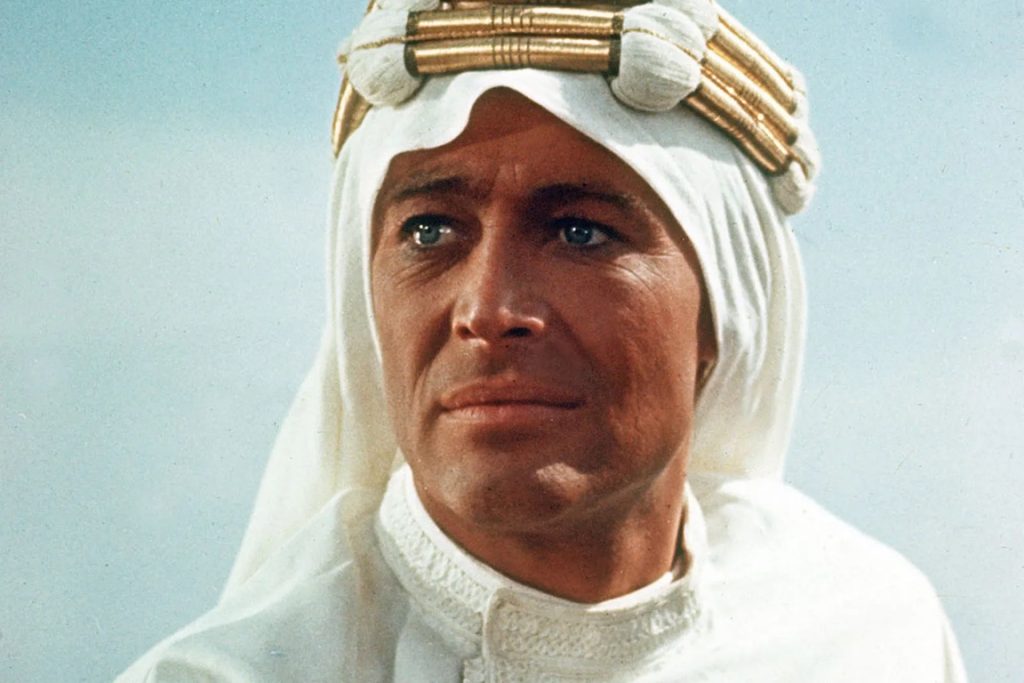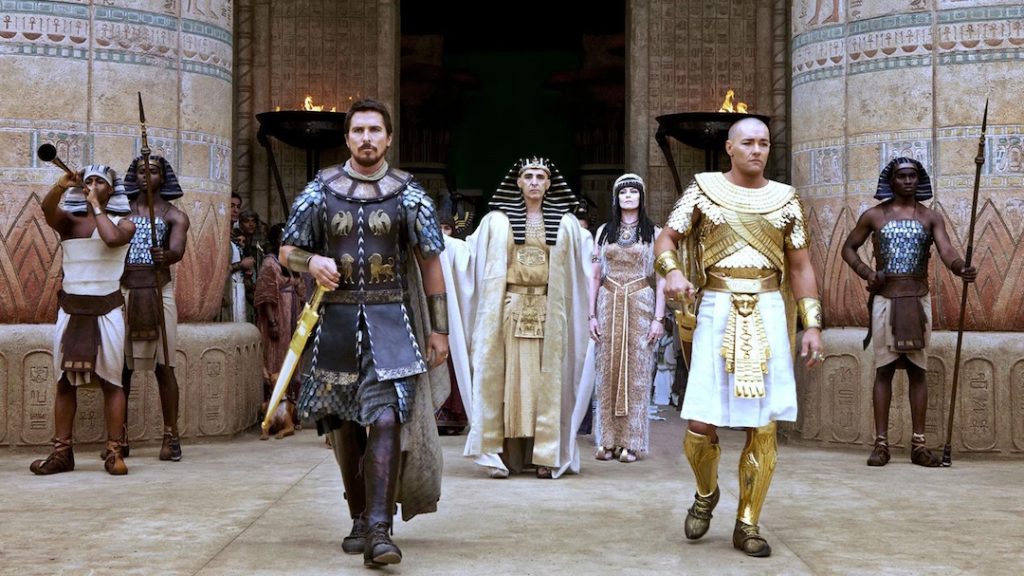Hollywood has long been criticized for its misrepresentation of Middle Eastern culture. Depicting a narrow view of a diverse and rather interesting group of people. Certain films depict Arabs as one-dimensional, canceling out their rich cultural heritage and communities.
Let’s have a look at some of these roles.
Adele James in Queen Cleopatra
Cleopatra’s ethnicity has been a controversial topic in popular culture and media for years. While historians agree that she was of Macedonian descent, some argue that she also had Sub-Saharan African ancestry. The debate has recently resurfaced with the documentary series featuring Cleopatra as a black queen. Producer Jada Pinkett Smith, explains, “We don’t often get to see or hear stories about Black queens”.
But is her version of Cleopatra really that historically inaccurate and culturally appropriative? The announcement of the docuseries had sparked public controversy in Egypt back in April. Comedian and political activist Bassem Youssef, spoke out against what he views as the distortion and appropriation of Egyptian culture, “it’s important to note that the outrage is not about Cleopatra’s skin color. It did not matter to ancient Egyptians and is not a significant factor in modern Egypt. Rather, the controversy stems from the appropriation of Egyptian culture and the erasure of Cleopatra’s heritage.”
Cleopatra’s remarkable achievements and lasting reputation have made her a target for different groups claiming her as their own. The portrayal of Cleopatra’s ethnicity is a complex issue that requires a nuanced understanding of history and culture. While it’s important to celebrate diversity and representation in media, it’s also important to be respectful of cultural heritage and historical accuracy. Understanding the complexity of Cleopatra’s story can lead to a greater appreciation for the rich history and culture of Egypt.

Dwayne Johnson in Black Adam
Why did producers of Black Adam cast actors with Middle Eastern and North African heritage to play the supporting characters from Kahndaq? What about the lead role? This is one of many questions that may arise while watching DC’s Black Adam. The film follows the story of Black Adam, an ancient Egyptian slave who received the powers of the wizard Shazam. He was imprisoned and then awakened after 5000 years. Then embarks on a journey to rescue a professor from ruthless mercenaries in the fictional Middle Eastern country of Kahndaq.
While the film draws inspiration from Arabian and Egyptian folklore and tradition, it may not align terms of cultural authenticity and consistency. The streets of present-day Kahndaq are portrayed as dusty and dirty. Perpetuating Hollywood’s tendency to depict Arab countries as underdeveloped. Despite these shortcomings, there are some redeeming qualities to the film. The ancient world of Kahndaq is portrayed with stunningly detailed mosque-like structures. The use of Arabic by the people of Kahndaq adds an element of authenticity to the story. In the end, Black Adam may not live up to its potential, but it does showcase just glimpse of rich cultural heritage of the Middle East and North Africa.
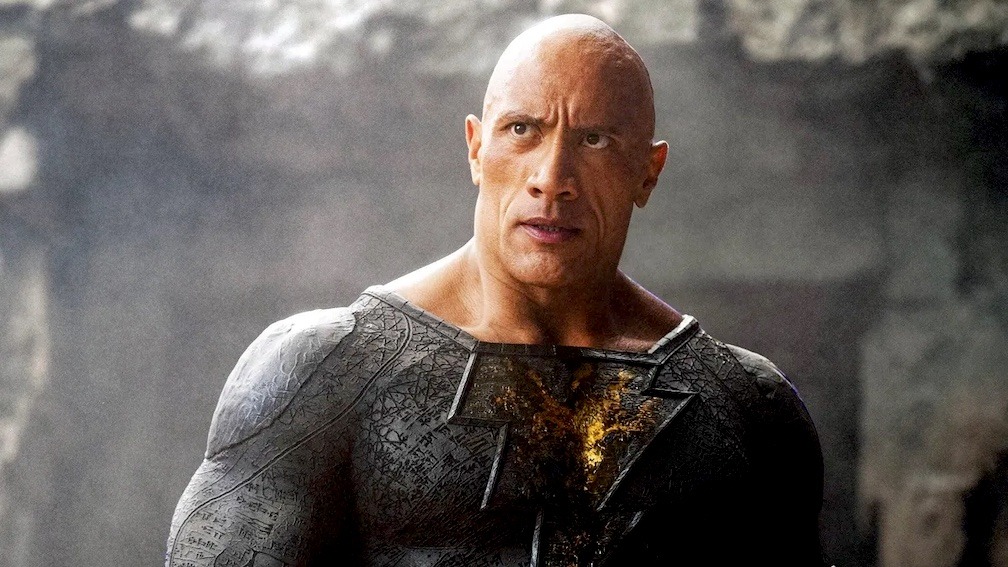
Christian Bale and Joel Edgerton in Exodus: Gods and Kings
It appears that Exodus: Gods and Kings has attempted to tackle the issue of diversity by slathering fake tans over the actors’ faces. However, this has led to confusion over the film’s whitewashed cast.
Director Ridley Scott cast English actor Christian Bale as Moses and Australian actor Joel Edgerton as Ramses II. When questioned about the decision to cast only white actors in the lead roles, Scott responded , “I can’t mount a film of this budget, where I have to rely on tax rebates in Spain, and say that my lead actor is Mohammad so-and-so from such-and-such”. While this may be an unfortunate reality for actors of color in Hollywood it highlights a larger issue of defaulting to all-white casts in films that demand a diverse cast.
Virtually all of the black actors in Exodus play the roles of Egyptian thieves, assassins, servants, or lower class civilians. This had led to calls for a boycott of the film from a variety of groups after its release in 2014. It was even banned in Egypt by Egyptian Culture Minister Jabir Asfour. While the race of ancient Egyptians has been controversial for centuries, the image of ancient Egyptians as white has been disappointing. Whitewashing the Bible in films like Exodus is a problem both historically and because it reinforces a divine association with whiteness, favoritism, and heroism that has plagued modern Christianity. This depiction of Egyptian pharaohs and biblical characters is historically far from reality.
Naomi Scott in Aladdin
To truly understand why Disney’s versions of Aladdin stirs controversy, it’s important to delve into the history of the story. Even before the movie was released, the fact that it was directed by a white male should have raised a red flag. In an era where representation matters more than ever, it’s crucial that directors of Middle Eastern or Arab background participate in movies that touch upon their culture.
There was a lot of buzz about who would be cast in the lead roles of Aladdin and Jasmine. Disney struggled to find a female lead of Middle Eastern descent who could both act and sing. One would expect Jasmine to be be played by an actress of Middle Eastern descent. Disney cast Mena Massoud, an Egyptian-Canadian actor, in the role of Aladdin. His Egyptian background and appearance made him suitable for the part as he checked most of the boxes.
When it was announced that British actress Naomi Scott would play Jasmine, people had a lot to say. Scott is of mixed British and Indian descent and wasn’t the ideal choice to play an Arab princess hailing from the Middle East. The decision was widely frowned upon for its lack of cultural sensitivity and that despite the abundance of talented Arab actresses that had cast for the role, the studio chose to cast a non-Arab as Jasmine..
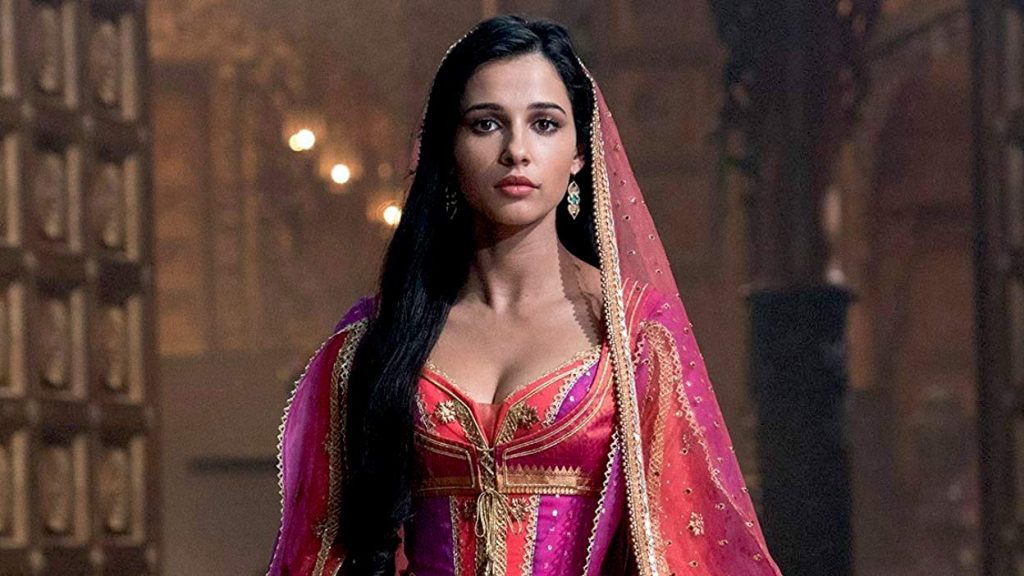
Gerard Butler and Nikolaj Coster-Waldau in Gods of Egypt
The movie’s title might suggest grandeur, but in reality, it is simply a fantasy film in which the ancient Egyptian gods coexist with mortals. Following a spectacular and visually stunning battle, Horus loses his eye, and Set decides to wreak destruction on the mortals. Mortals attempt to save the day, a love interest develops, and an epic god battle unfolds. However, the casting of Gerard Butler and Nikolaj Coster-Waldau as Set and Horus was questionable. Casting two attractive white men of Scottish and Danish descent as the most powerful gods of ancient Egypt may not have been the best choice.
It’s understandable that these actors may attract western audiences, but there are plenty of highly talented actors of color who could have fulfill this role. Additionally, the film perpetuates the same problematic themes as the movies “Exodus” and “Black Adam”. The only people of color in these films are portrayed as slaves and palace servants, who are depicted screaming and running in terror from the giant, shiny gods.
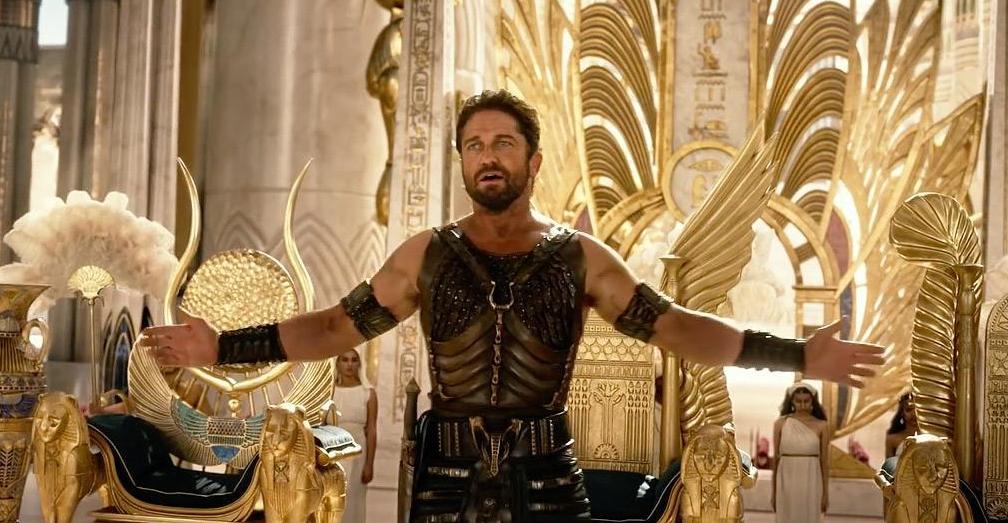
By embracing more authentic portrayals of Middle Eastern culture and people, Hollywood has the power to promote a better understanding of the rich and diverse Arab world. As viewers, we can also play a role in advocating for better representation and supporting films and media that promote diverse and authentic perspectives.
WE SAID THIS: Don’t Miss…Fostering Historic Sceneries: 5 Moroccan Cities Used For Filming Locations For Hollywood Movies


